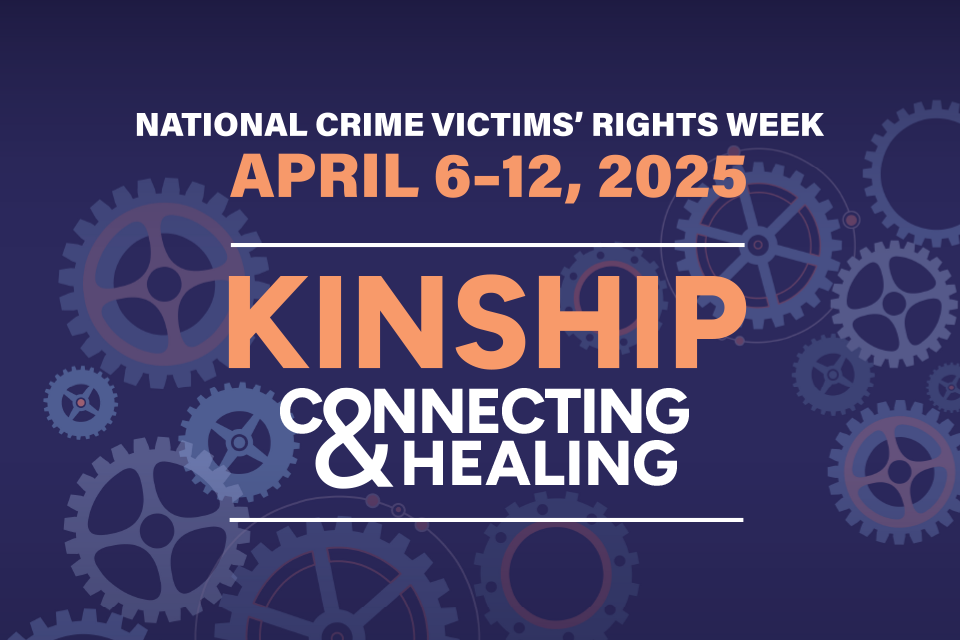2025 NCVRW Resource Guide
The 2025 National Crime Victims’ Rights Week (NCVRW) Resource Guide is now available online! Use the guide when planning your outreach to help raise awareness about victims’ rights and services.
Grant Application Resource Guide
This resource contains information to help you prepare and submit applications for OJP funding and offers guidance on award administration.
Learn about JustGrants, DOJ's Grants Management System
Access information about JustGrants, including news updates, resources and training opportunities for applicants and recipients of DOJ grant awards, and other forms of federal financial assistance.








